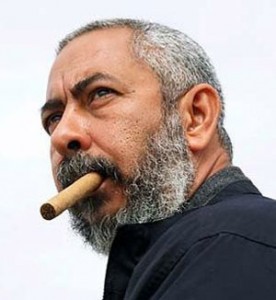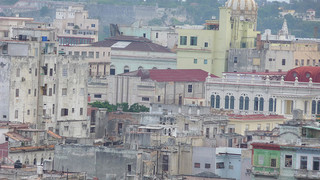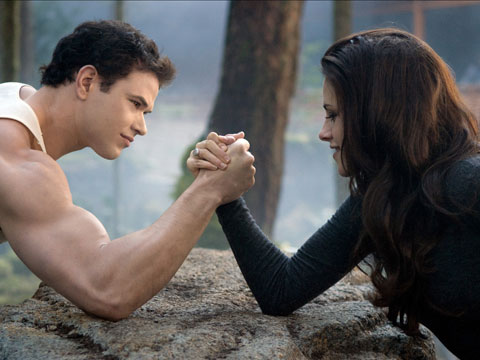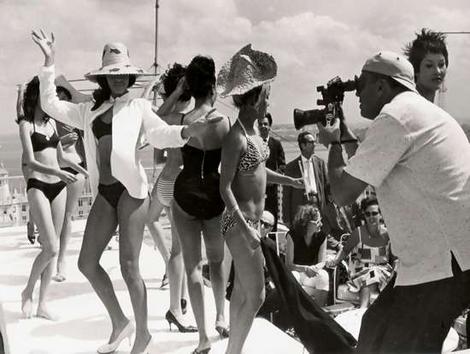 Cuba’s crime fiction has effectively captured the gritty struggle of Cubans through the end of the twentieth century. The genre provides an unfiltered lens for viewing the Cuban way of life. In a country where the black market is the only market, shady deals and lawlessness become the norm. Cuban crime fiction delves into this world of delinquency and explores the Cuba that only Cubans truly understand.
Cuba’s crime fiction has effectively captured the gritty struggle of Cubans through the end of the twentieth century. The genre provides an unfiltered lens for viewing the Cuban way of life. In a country where the black market is the only market, shady deals and lawlessness become the norm. Cuban crime fiction delves into this world of delinquency and explores the Cuba that only Cubans truly understand.
Cuban novelist, Leonardo Padura, ventures into the shadows of Havana and invokes the mystery in which the city is shrouded. Havana Fever, Padura’s most recent novel delves into a crime that is a microcosm of larger trends. During the height of desperation in the nineties, Cubans sold their valued belongings to survive. Literature is one of the greatest achievements of the Cuban culture, but during the crisis, precious books were being sucked out of the country at an alarming rate.
The protagonist of the book, Mario Conde, an ex-cop and book trader, is a proponent of this process even though he hates the idea of exporting his culture. Conde is the consummate Cuban trying to compromise a slew of contradictions. His character is animated, flawed, and distinctly human.
When Conde stumbles upon an old private library worth millions, he once again experiences the stabbing pain just under his left nipple. This pain “accompanied every hunch he ever had” and, sure enough, Conde soon becomes obsessed with a mystery that will drag him through the generations.
Havana Fever is a journey from the smoke filled jazz bars of the Batista days to the decaying mansions of Vedado in a time of desperation. Through it all, Leonardo Padura’s tone is as smooth and warm as a glass of aged rum. He paints Havana with the dark shades of an old romantic without illusions.
According to the author, his novels are like windows into his own world. Conveying the Cuban reality is not easily done, but Padura feels a sense of artistic duty to create a sincere portrait of his home. “As a Cuban writer,” he concludes, “I have a certain responsibility because our reality is so specific and so hard for many people. I have a responsibility to reflect something of my world.”




